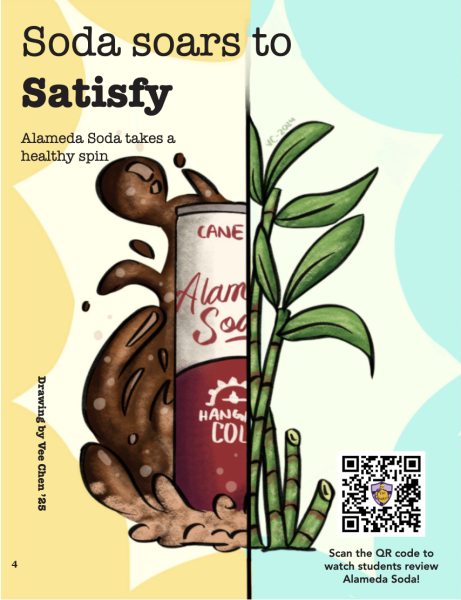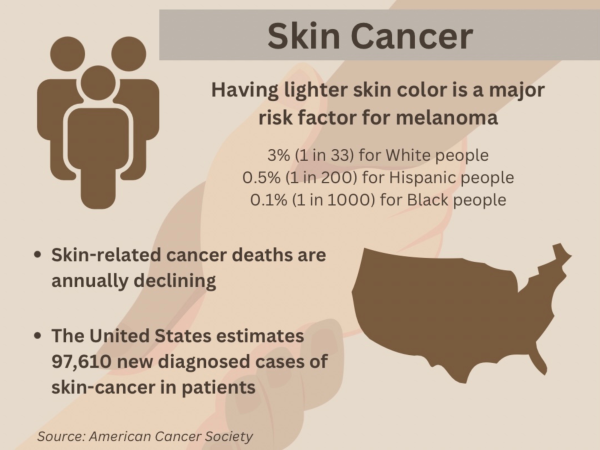E. coli resurgence reminds consumers of proper food preparation
While everyone was focusing on COVID-19, E.coli made a comeback.
February 3, 2021
Just as the Covid-19 outbreak wreaks havoc on everyone throughout the world, a new outbreak has just emerged.
On Nov. 10, the Centers for Disease Control and Prevention reported an alarming outbreak of E. coli bacteria throughout the United States; specifically, the E. coli 0157:H7 strain.
Six states such as California, Virginia, and Illinois have a total of 12 infections, including five hospitalizations. No deaths have been reported so far.
The CDC and the Food & Drug Administration have been investigating possible causes such as the consumption of Romaine lettuce from Tanimura & Antle.
The Romaine lettuce was tested for the E.coli strain at the Michigan Department of Agriculture and Rural Development. The Romaine lettuce was then recalled on November 6, 2020. More testing is needed since it takes roughly two to eight days for individuals to get infected with the bacteria.
The Shiga-toxin producing E.coli strain has several symptoms including vomiting, fever, and Hemolytic Uremic Syndrome(HUS), a type of kidney failure.
To prevent such to prevent the spread of e.coli,
Wash/clean your produce (vegetables and fruit) before consuming them — most of the e.coli is spread because of water contamination of produce…Cooking meat thoroughly and not cross contaminating. It’s highly recommended to reserve one cutting board for meat and use a different one for bread, fruit, vegetables, etc… — Stephanie Lee, Biology Teacher
To practice this, Josh Kao ’22 said, “I would stay sanitary in terms of my living conditions and food sources. Specifically in terms of washing my hands, washing all my clothing before I go out, having a clean environment to live in. And then for consumption,; buying food from reliable sources, buying clean food, and making sure nothing expires or that there is no contamination that goes into my fridge.”
Thus, countries should do more to prevent such outbreaks of contagions. Lee further stated, “Connor Shanahan, a Supervising Biologist from the Santa Barbara County Office of Agriculture. . . really emphasized it’s all about the water. If countries wanted to be more proactive/reduce spread, he said consistent checks of water for contamination used with the produce is going to be important.”
With everything that’s going on in 2020, communities and countries need to be more prudent and enforce better and more effective protocols to prevent the spread and start of such outbreaks, especially the coronavirus.













